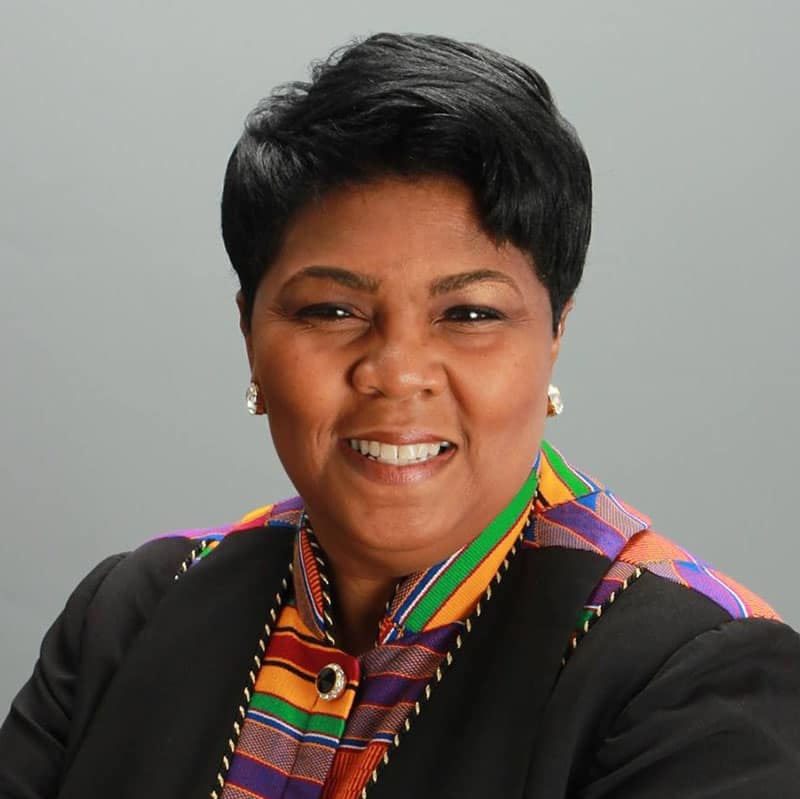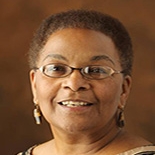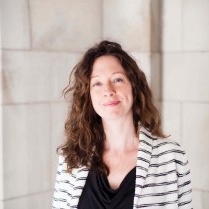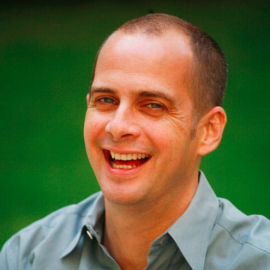2018 Course Offerings
Track I: Social Trauma, Social Death
Mass Incarceration and Racial Justice: A Theo-Ethics of Restoration
Rev. Dr. Christophe Ringer – Chicago Theological Seminary
This course will contextualize the problem of mass incarceration for both its theological implications and its ethical implications with an eye toward marrying theory with praxis. In identifying ways that the collaboration of clergy, community activists, scholars, students, politicians, and concerned citizens can effectively impact the phenomena when armed with the theoretical and the practical, the course will examine some tools of engagement where restorative justice frames the theo-ethical model for resistance.
Social Trauma, Social Death: Implications for Post-Modern Advocacy
Rev. Dr. Traci Blackmon and Rev. Dr. Forrest Harris
Healing social trauma and wounds resulting from racial injustice and oppression is a critical task for religious leaders and practical theologians in twenty-first century America. In the words of Jürgen Moltmann, “the open wound of life in this world” needs healing; or societal wounds left open may fester resulting in permanent forms of cultural and psychological social death. Social trauma actively elicits recognition before holistic healing in society can occur. For healing to take place, advocacy must make meaning in relation to human pain, incorporating values, spiritual beliefs, hopes, fears, anger, sorrow, and a narrative sense of what has happened, is happening, and going to happen. Certain forms of social trauma remain encapsulated, threatening and unexpressed. Racial social trauma cries out for justice even if healing appears to be impossible. Justice-seeking advocacy calls us to be in solidarity with those who suffer social trauma, and help birth new levels of consciousness at the level of individuals, families, and the larger society. The aim of this course is to equip participants with ethical theological, pastoral care vocabularies that renders pain, suffering and social trauma in meaningful articulation for communal understanding of racial justice healing and transformation.
Self-Care for the Frontlines: Revival of the Fittest
Dr. Phillis I. Sheppard – Vanderbilt Divinity School
This course recognizes that very often those on the front lines of social justice activism experience exhaustion, burn-out, trauma, and spiritual depletion. Such experiences take a toll on the individuals and the communities with whom they organize for social transformation. This course is first, designed to invite participants to pause; second, to learn about the emotional, bodily, and spiritual costs of “forgetting self” in justice work. enhance the capacities of social justice activists’ for self-care of social justice activists; and third, to engage in various spiritual practices that sustain us for the long haul of justice work, and that help us recover.
Track II: The Power of Truth-Telling: Stories and Practices from the Frontlines
The Education Divide: The National Move Toward Privatized Education
Dr. Nicole Joseph
This workshop examines the role of education in making and re-making inequality. Specifically, participants will engage in active learning that helps them think through the power and politics of marketization and corporatization and the ways these ideas/processes create and maintain structures of racial oppression and white racial privilege. Nashville, Tennessee is used as an important case example for illuminating and discussing these ideas.
Hope, Empowerment, Inclusion: Participatory Community Health Organizing
Dr. Carol Zeigler, PhD, NP-C, Vanderbilt School of Nursing & Meharry Medical College
This course will examine the impact of healthcare disparities on racialized communities using case studies, journalism, and collaboration to identify models for organizing communities around healthcare issues that disparately impact racial minorities.
uBuntu, Missio Dei, Justice, and Socio-Humanitarian Action
Dr. José Cossa – Peabody College, Vanderbilt University
This course will engage the power of truth-telling through stories and practices in Mozambique, South Africa, and the United States through an intersection of uBuntu, Mission Dei, justice (local and global), and socio-humanitarian action. The course will challenge our sense of humanity and purpose by evoking (a) uBuntu in a socio-cultural context dominated by perception of being informed by Humanism, Modernity and Cosmopolitanism; (b) a Biblical Theology of Missions characterized by the centrality, not singularity, of Missio Dei, (c) Segundo’s hermeneutical circle; (d) philosophical ideas of justice, (e) power dynamics in negotiations of truth, and (d) our active response to a calling to social and global justice.
Both Tracks Will Attend These Courses
Love & Justice
Dr. David Kyuman Kim
Drawing from his latest work, Dr. Kim will guide the student through the labyrinth of literary, philosophical, and practical sources that offer love as a theological expression deliberately invoked in public life.This course will explore the theoretical beachheads of “political order” and religion as the precursors to a national move toward “the political” as telos for values, ideals, and collective identities that shape agency and move society towards authoritarianism.
Media Tools for Advocacy
Macky Alston, Auburn Seminary
Auburn’s Media and Messaging workshop provides the skills you need to identify and adhere to a core message, framed by compelling values and anchored by story, and to deliver it effectively in a range of interview contexts. This training, focused on what you want to say and how you say it most compellingly, is core to your success in any communication work you do — social media, the opinion page, podcasts, video, radio, books – you name it.
You'll walk away with:
The ability to find your voice
Messaging strategy
Methods to answer the toughest interview questions
A way to harness the power of story











